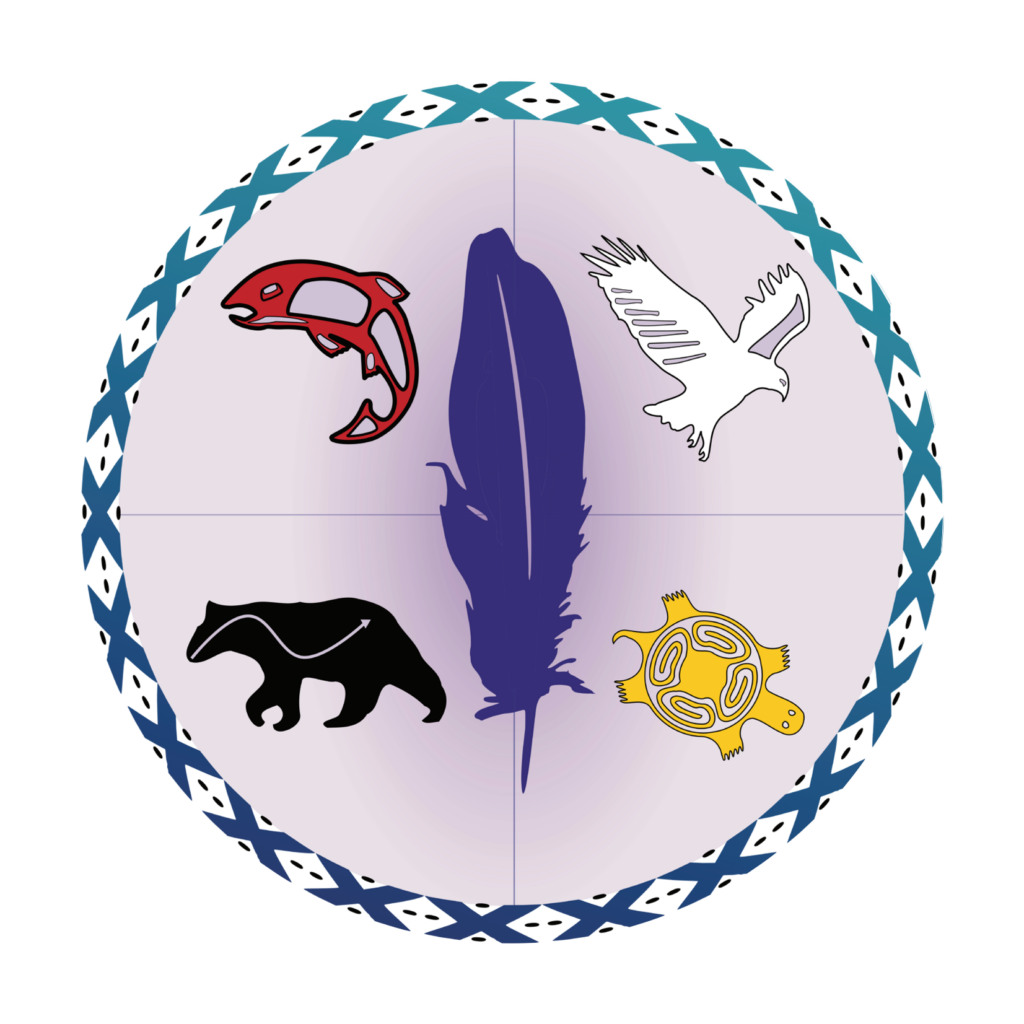- Providing Support to Tribal Coalitions & Tribal Communities
- Advancing Tribal Sovereignty
- Supporting Equal Justice for Survivors of Violence
The ATCEV is dedicated to providing support to Tribal Coalitions and making a positive impact in our community through a variety of meaningful initiatives. Each project is driven by our commitment to promoting strategies to increase awareness and strengthen the response to domestic and sexual violence. Explore these projects in detail and learn more about how you can join us in making a difference.
A key component of ATCEV’s strategy to enhance the response to violence against American Indian and Alaska Native women is supporting research that will identify existing gaps, inform victim services programming, and enhance access to essential services to domestic and sexual violence victims in Indian Country. Supported by a grant through the Allstate Foundation, ATCEV will develop and coordinate the Indian Country Counts, the first ever data collection project of Indian Country and Alaska, specifically of tribal domestic violence service providers and shelters. The Indian Country Counts will survey tribal programs to determine the unduplicated count of adults and children who seek services from tribal domestic violence victim service and shelter programs. The first Indian Country Counts is expected to roll out in late 2023. The project is modeled after the National Network to End Domestic Violence’s #DVCounts survey conducted annually since 2006.
With the support of a NOVO grant and the generous funding of the Tides Foundation, the Indigenous Ancestral Healing Collective is an endeavor of the ATCEV to bring together organizations and individuals from Hawaii, New Zealand, and Australia to work on finding common healing methods, as well as showcase traditional healing methods used by the peoples in the Collective. ATCEV staff, along with a cadre of Indigenous people in Hawaii, New Zealand and Australia representing subject matter experts, professionals, academia, radio broadcaster, artists and social workers, the Indigenous Ancestral Healing Collective is committed to the overarching goal of better understanding our shared trauma and identifying how we are similar, how we differ, and how the healing of our ancestral trauma can benefit all. Through storytelling Indigenous peoples have passed down traditions and customs. Through story sharing Indigenous people learn ways to promote healthy lifeways to bring harmony back, and a way to thrive in the aftermath of colonization. The Collective has shared how violence has impacted lives, families, communities, and countries. The Collective developed the Indigenous Ancestral Healing Anthology, a publication to document the shared histories, trauma, healing practices, and resiliency of the Collective and emphasize the importance of and modalities for healing in our lives, family, and communities.
The FVPSA Formula Grantees Capacity Building Consortium (CBC) is the National Network to End Domestic Violence (NNEDV) in partnership with the Alliance of Tribal Coalitions to End Violence (ATCEV) and the National Indigenous Women’s Resource Center (NIWRC). The CBC provides training and capacity building technical assistance (TA) to FVPSA Formula Grantees (FVPSA state administrators, state and territorial domestic violence coalitions, and FVPSA-funded Tribal Grantees). The CBC also collaborates with other national TA providers who are members of the FVPSA Domestic Violence Resource Network (DVRN) to provide training, TA, and resources to FVPSA Formula Grantees.
The “Many Voices, Many Traditions,” Toolkit, a collaborative project between The Alaska Native Women’s Resource Center (AKNWRC), The Alliance of Tribal Coalitions to End Violence (ATCEV), The National Indigenous Women’s Resource Center (NIWRC), the Capacity Technical Assistance Team of The National Network to End Domestic Violence (NNEDV), and Pouhana O Nā Wāhine, serves as a toolkit for FVPSA Formula Grantees to build strong and inclusive relationships with indigenous partners and communities. This toolkit provides users with foundational knowledge and historical context when working with indigenous peoples, important landmark decisions that have had an impact on tribal and indigenous communities, as well as more practical information about funding options and building equitable partnerships. Please visit https://manyvoicesmanytraditions.com/ to learn more!
The ATCEV in honored to serve as the Office on Violence Against Women Comprehensive Training and Technical Assistance provider of the Tribal Coalition Grant Program. Under a cooperative agreement with the Office on Violence Against Women, ATCEV provides training, technical assistance, and support to the tribal coalition grantees in the areas of organizational capacity, board development, leadership enhancement, outreach and training strategies. In addition, ATCEV provides comprehensive, specialized, culturally relevant technical assistance, training, and support to assist the tribal coalition grantees in their efforts to increase awareness of the crimes of domestic violence and sexual assault, enhance the response to victim survivors of domestic violence, identify and provide technical assistance to tribal victim service providers and tribal governments, and assist state and tribal governments in developing laws, codes, policies, and bests practices to best address the needs of victim survivors.
The ATCEV stands alongside the 20 tribal domestic violence and sexual assault coalitions addressing domestic violence, sexual assault, stalking, dating violence, sex trafficking, including responding to the crisis of murdered or missing Indigenous women, girls, and relatives. ATCEV, in collaboration with the tribal coalitions, has worked to increase awareness of the tribal domestic violence shelters, rape crisis centers, and victim supportive services available in Indian Country and Alaska, and where possible, have helped to facilitate tribal representation on tribal, state, and federal advisory boards, working groups and committees. A directory of the tribal coalitions can be found here.

